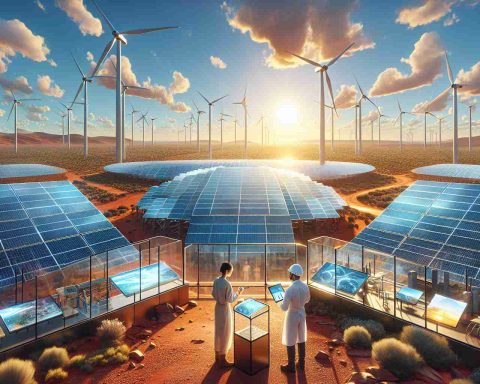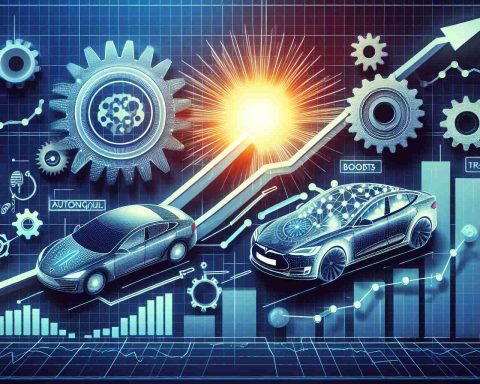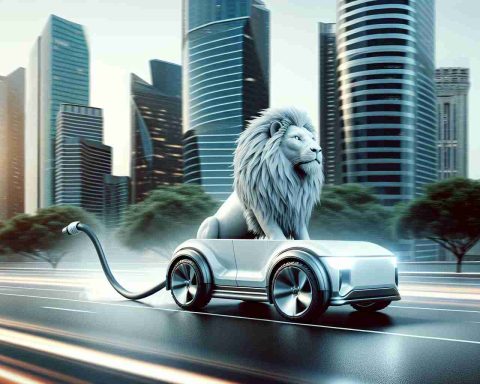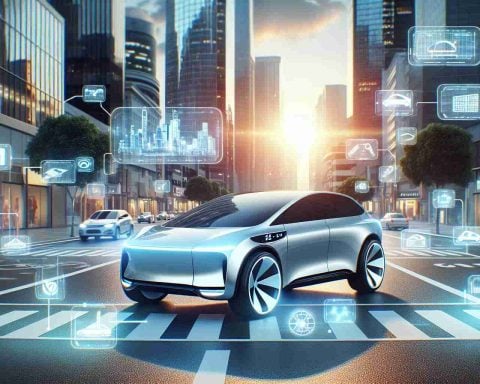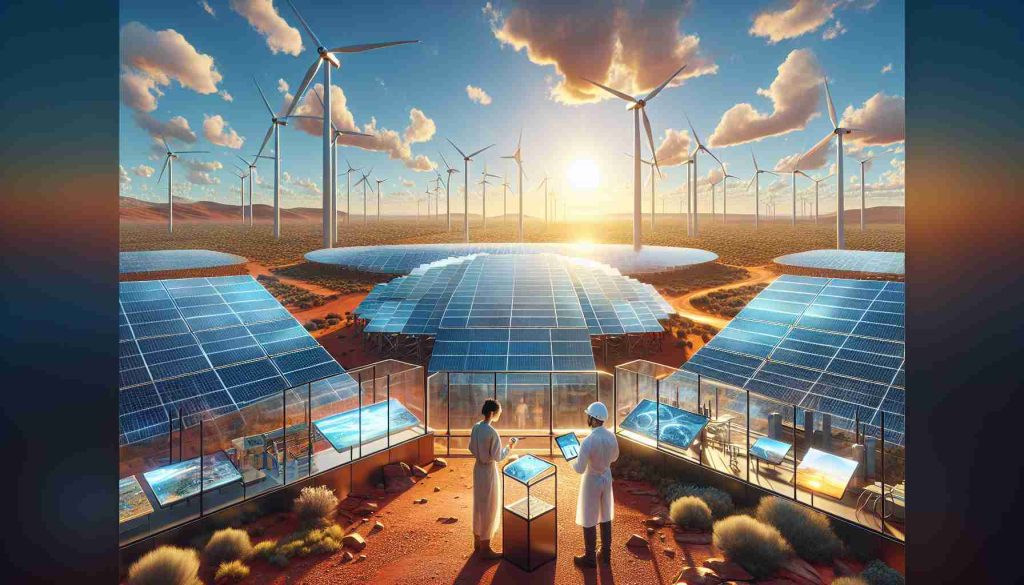- Off-roading reveals a complex relationship between nature and human activity, highlighting the environmental impact of vehicles on delicate ecosystems.
- Electric vehicles, like the Mercedes electric G-Wagen, offer a quieter and emission-free experience, but still disrupt the natural environment through other means.
- The journey into nature is not without consequences, emphasizing the need for balance between exploration and preservation.
- Off-road enthusiasts are custodians of the lands they love, tasked with navigating the tension between admiration and conservation.
- An electrified future presents opportunities for more sustainable off-roading, demanding a mindful approach to environmental impact.
- True love for the earth involves embracing its contradictions and striving for harmony through thoughtful actions.
A whisper of the wind carries secrets over the arid expanses of the Mojave Desert, a place where nature’s stark beauty demands reverence. Here, drivers like me—despite our best intentions—often leave more than footprints. My old Lexus once marked its territory with a streak of dark CV axle grease. Fast forward a few years to Anza Borrego, where my Chevy Tahoe, a veteran of 230,000 miles, silently bleeds orange coolant into the thirsty earth. Irony drenched the day as my quest for nature strained its fragile cloak.
Off-roading in 2025, I face a grand paradox in the Cleveland National Forest. Navigate Bear Valley Trail in a Mercedes electric G-Wagen, and hear not the roar of a V-8 but the quiet power of innovation. No emissions cloud the air, yet this steel behemoth, with its quiet engine and heavy frame, subtly disarranges the wilderness it seeks to honor. As it rolls ahead, microplastics swirl, a reminder that a “greener” path still etches its mark on nature’s canvas.
In the heart of these contradictions lies a vital truth: there’s no guilt-free journey into the wild. Yet, this quest isn’t about moral penalties; it’s about seeking balance. Rock-crawlers, after all, are custodians of the wild places they adore, forever caught in a dance between admiration and preservation.
Could an electrified future change the rhythm of this dance? Perhaps. To love the earth is to embrace its contradictions, to strive for harmony, step by imperfect step. For those who journey off the beaten path, the time has come to tread more lightly, not merely in miles per gallon but in essence and impact.
Electric Dreams: How Off-Roading in 2025 Unveils Nature’s New Reality
Going Beyond the Article: The Real Impact of Off-Roading in the Natural World
The Hidden Environmental Effects of Off-Roading
The article touches on the impact of off-roading on nature, highlighting oil spills and microplastic pollution. However, this barely scratches the surface of the environmental consequences. Off-road vehicles, regardless of their power source, can disrupt local ecosystems by compacting soil, damaging plant life, and disturbing wildlife habitats. According to a study by the [National Park Service](https://www.nps.gov), soil compaction from vehicular traffic can hinder plant growth and prevent water infiltration, having long-lasting effects on local biodiversity.
Microplastics: A Growing Concern
Microplastics, often mentioned in the context of marine environments, are also a concern for terrestrial environments. Tire wear from vehicles contributes significantly to microplastic pollution. A study reported by the [International Union for Conservation of Nature](https://www.iucn.org) estimates that vehicle tires are responsible for 28% of microplastics in oceans, originating from land before transitioning to marine environments. This raises important questions about how we can mitigate tire pollution, even as vehicles transition to greener power sources.
The Electrification of Off-Road Vehicles
While the article mentions the move to electric vehicles (EVs) like the Mercedes electric G-Wagen, it overlooks the broader trend and implications of electrification in off-roading. Electric off-road vehicles offer benefits in terms of reduced emissions and improved efficiency. However, they still pose environmental concerns, such as lithium mining for batteries and electricity generation’s carbon footprint. The [International Energy Agency](https://www.iea.org) emphasizes the importance of renewable energy integration to maximize the benefits of electrification.
Technological Innovations and Their Future Impact
Emerging technologies like autonomous driving and AI-powered navigation systems promise to redefine off-roading. These innovations aim to enhance efficiency and safety, potentially reducing negative impacts on the environment. The development of biodegradable tires and sustainable materials could revolutionize vehicle manufacturing, aligning the industry with eco-friendly objectives. Keep an eye on technological advancements from companies like [Tesla](https://www.tesla.com) and [Rivian](https://www.rivian.com) which focus on sustainability.
Community and Policy Initiatives
Communities and governments are increasingly advocating for sustainable off-roading practices. Initiatives include designated trails, seasonal restrictions to protect sensitive habitats, and education campaigns to raise awareness among off-roaders about minimizing their environmental footprint. Engaging with local conservation groups is crucial to ensure the protection of natural spaces. Organizations like [The Nature Conservancy](https://www.nature.org) work towards these conservation efforts.
Important Questions and Their Answers
– How can off-road enthusiasts balance their passion with environmental stewardship?
– Awareness and adherence to sustainable practices are essential. Supporting clean-up efforts, using eco-friendly parts, and respecting trail guidelines can help minimize impact.
– What role do policy and regulations play in sustainable off-roading?
– Regulations enforced by national and local authorities help protect ecosystems by restricting vehicle access during vulnerable periods and in sensitive areas.
– Can technological advancements fully mitigate the environmental impact of off-roading?
– While technology can reduce emissions and improve efficiency, ecological restoration projects and community engagement are needed to counteract vehicle-induced damage.
– How will the shift to electric vehicles impact global energy consumption and resource management?
– The adoption of EVs will necessitate more sustainable energy practices. Increased demand for electricity must be met with low-carbon energy sources to avoid shifting the problem from emissions to resource exploitation.
By addressing these questions and understanding the broader context, we can better appreciate the steps needed to ensure off-roading complements rather than conflicts with environmental conservation.


